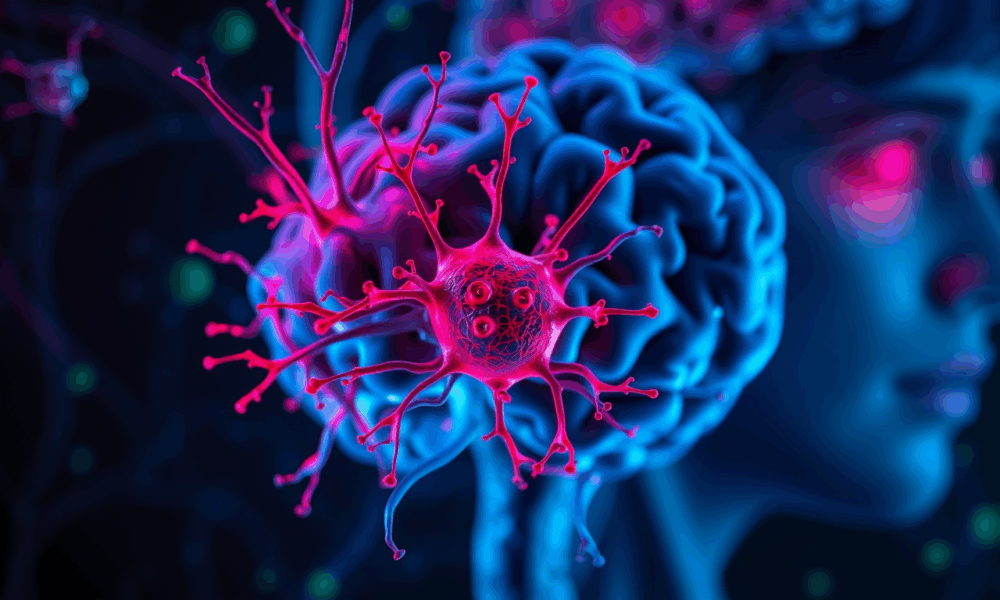
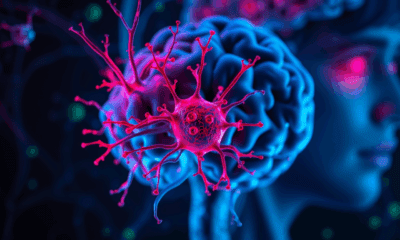

Major depressive disorder affects hundreds of millions worldwide, but a key to understanding its origins may lie in the brain’s immune system. New findings spotlight astrocytes—previously...
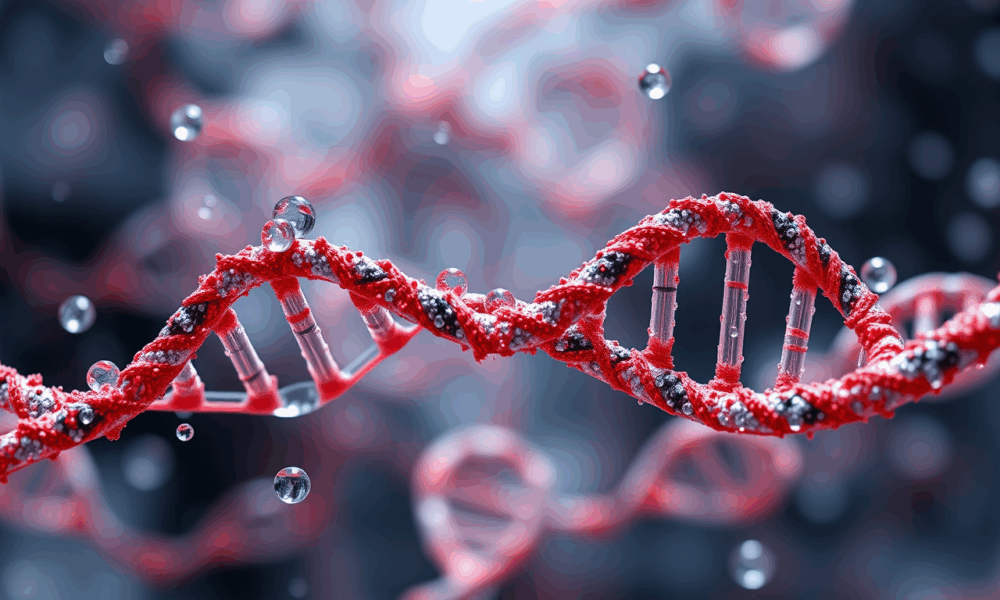
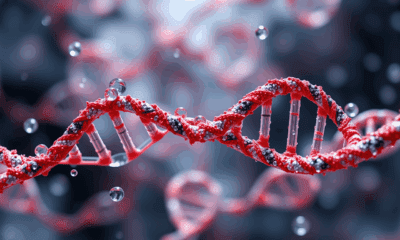

Scientists have uncovered a previously unknown type of molecular motion inside DNA-based droplets: instead of spreading randomly, guest molecules advance in an organized wave. This surprising...
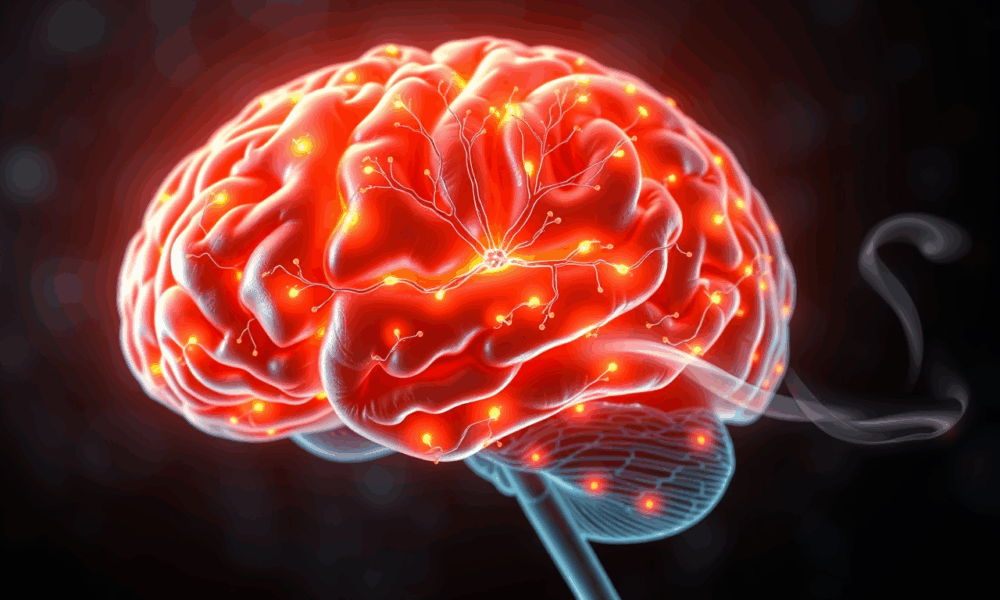
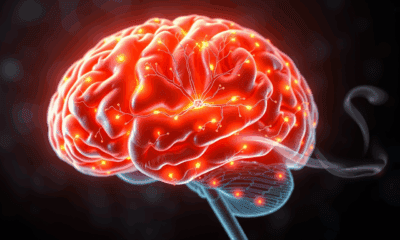

A team of scientists has discovered a direct link between the smell of food and feelings of fullness at least in lean mice. This brain circuit,...
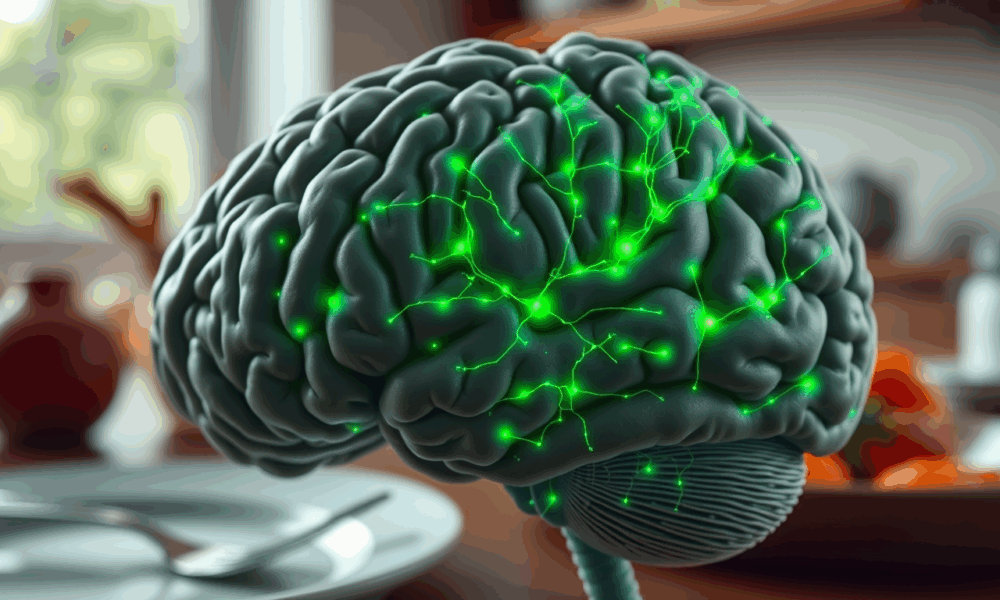
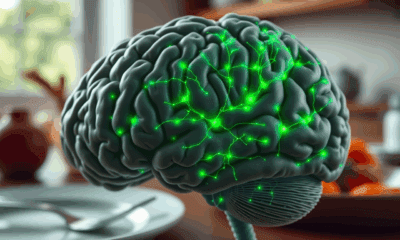

A team of scientists has identified specialized neurons in the brain that store "meal memories" detailed recollections of when and what we eat. These engrams, found...
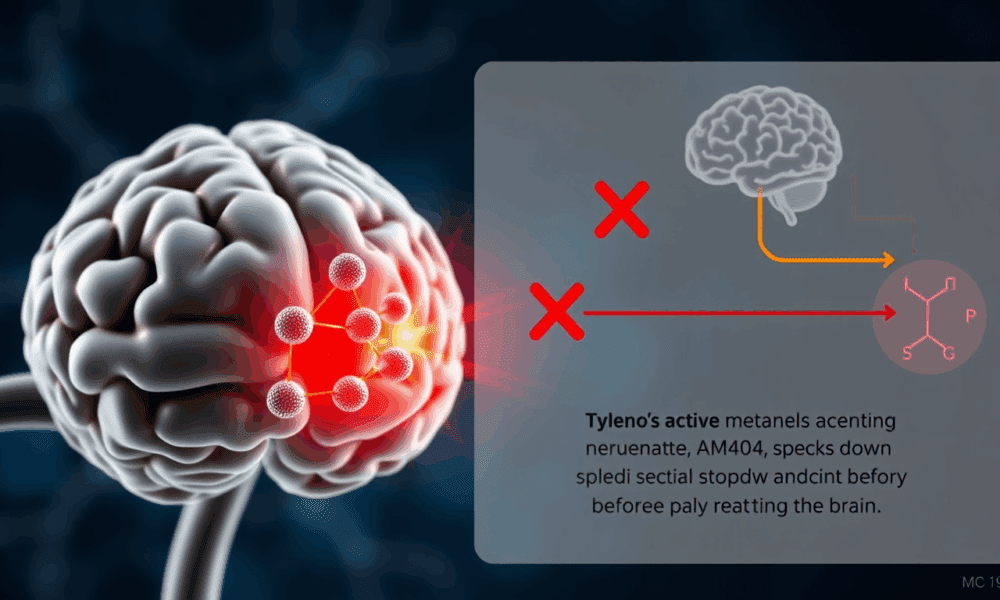
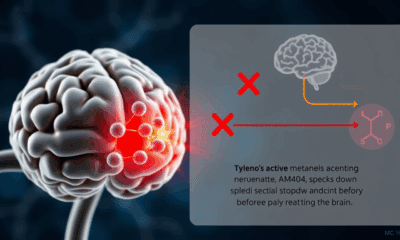

Acetaminophen may be doing more than just dulling pain in your brain it could be stopping it before it even starts. Scientists at Hebrew University have...
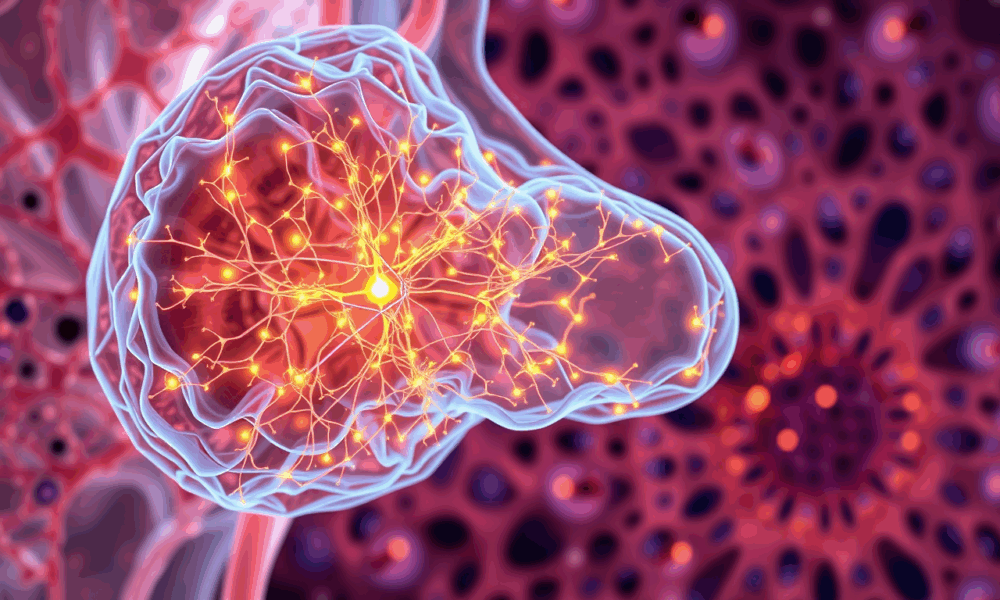
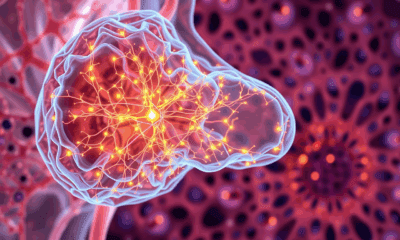

Using a newly devised, three-dimensional model to study the regeneration of nerve tissue in the nose, researchers have discovered that one type of stem cell thought...
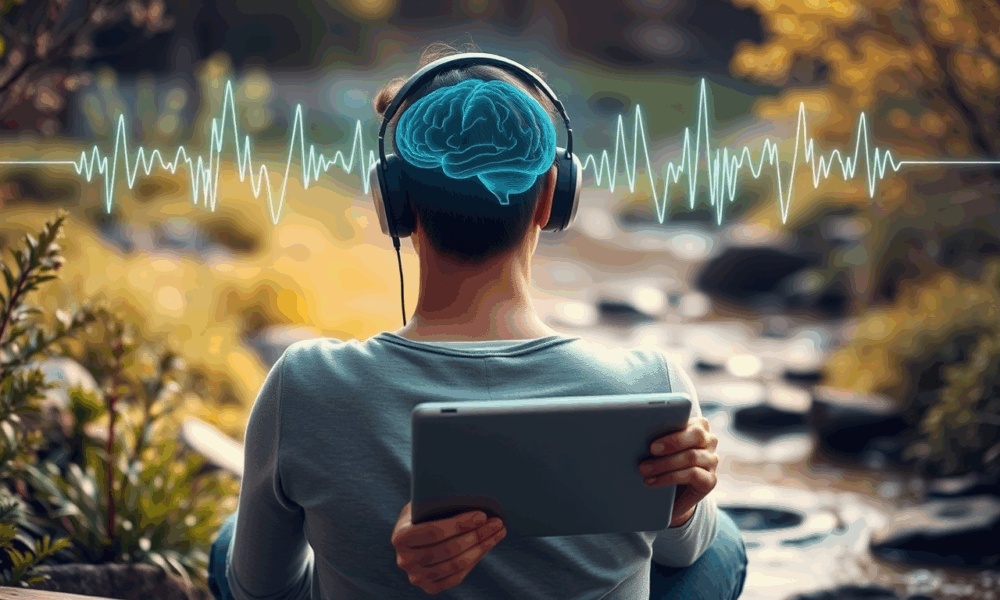
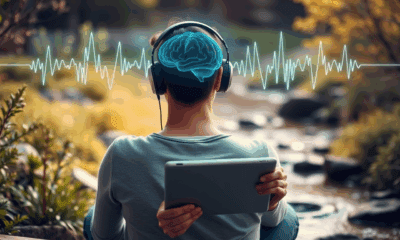

A trial of an interactive game that trains people to alter their brain waves has shown promise as a treatment for nerve pain -- offering hope...
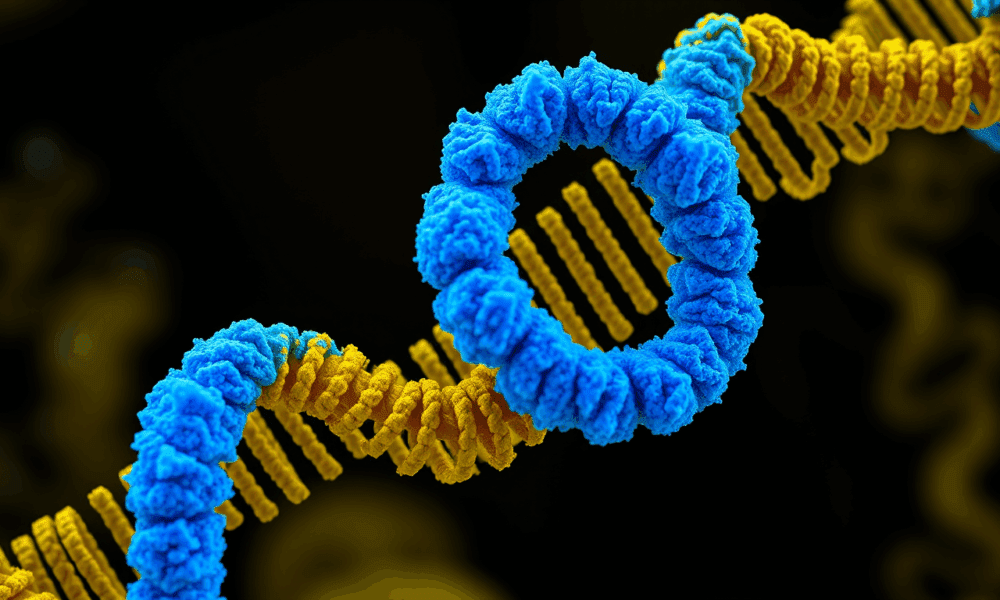
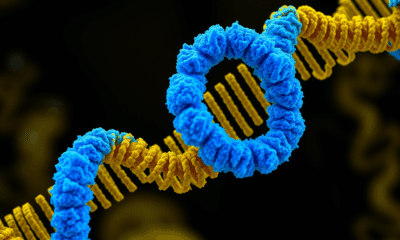

Cohesin is a protein that forms a ring-shaped complex which wraps and alters the DNA molecule shape. It moves through the DNA and creates specific loops...
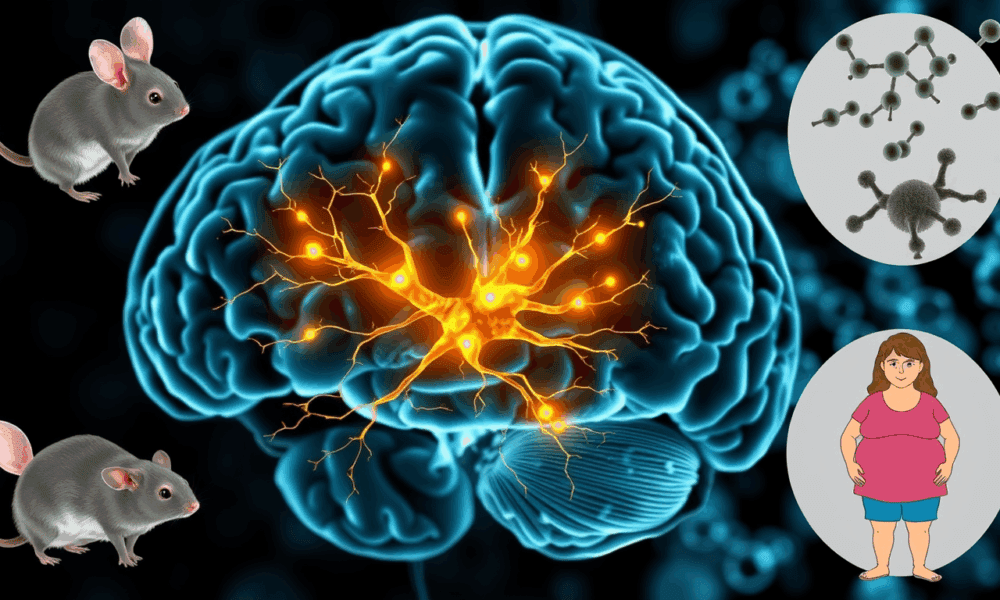
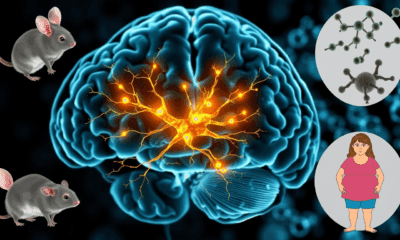

A specific group of nerve cells in the brain stem appears to control how semaglutide affects appetite and weight -- without causing nausea.



How come you can't tickle yourself? And why can some people handle tickling perfectly fine while others scream their heads off? Neuroscientists argue that we should...